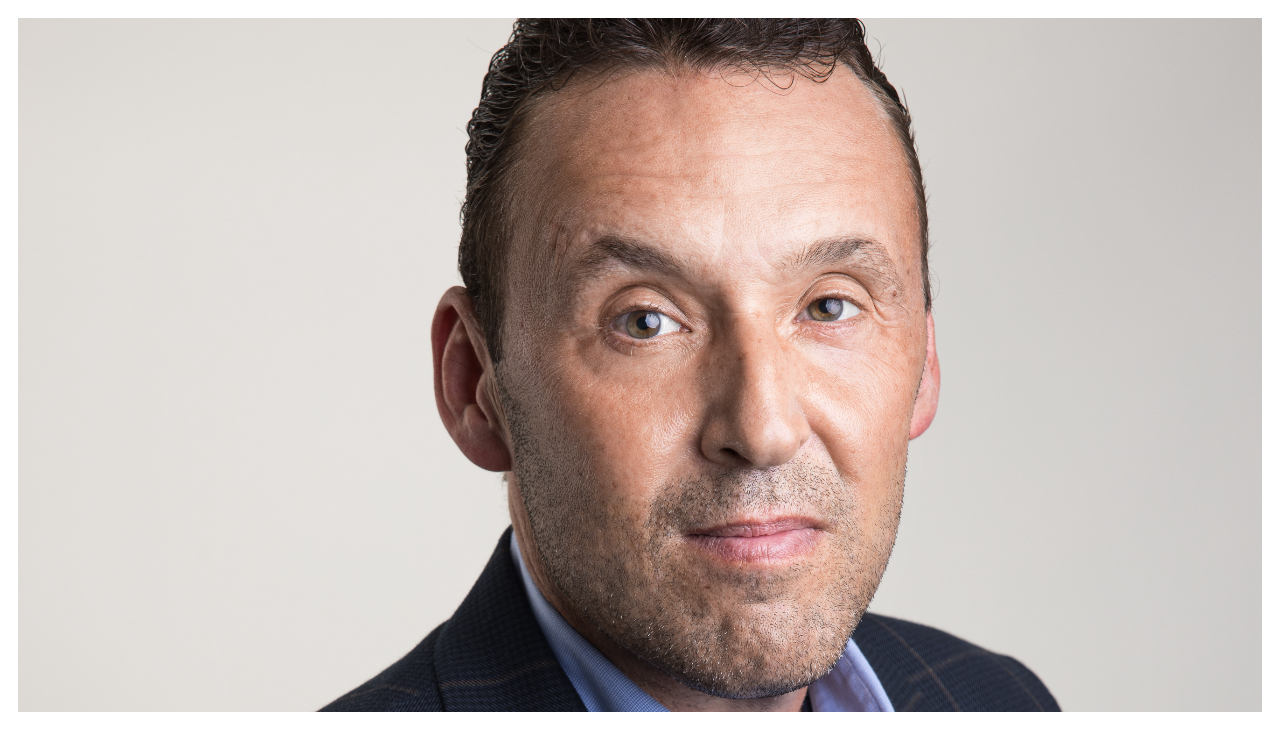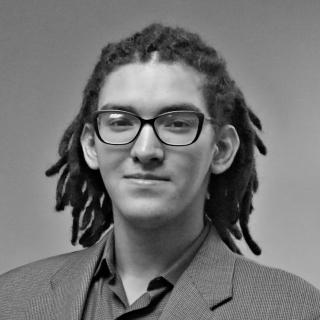
Rodriguez University and Hopeworks partner in building the future
The two organizations have come together to provide training for infrastructure work for youths out of high school, readying them to enter the workforce.
Philadelphia, like all cities, is supported by a vast, interconnected network of piping, moving essentials like water and gas into houses while taking sewage and rainwater out.
Maintaining this complex system are swathes of engineers, technicians, and designers, moving the city forward one step at a time. But like every other job, these skilled professionals don’t just appear out of thin air.
Recently, a government fiscal plan –- the Infrastructure Investment and Jobs Act –- involves a $1 trillion bipartisan deal that could see 800,000 jobs created by the middle of the decade, opening a potential career avenue for many.
Providing such avenues is Hopeworks, a non-profit organization founded in Camden, NJ, by members of three different churches who sought to provide training to high school dropouts in the area.
Recently however, Hopeworks expanded to Philadelphia's Kensington neighborhood so as to more easily provide services for the youth there.
The organization provides training to young adults, teaching them about web design and digital development, acting as an alternate route to higher education by giving them experience and training needed for a career in the tech field.
But this isn’t the only career they want to be available to these youths. Enter Lou Rodriguez, a recently added Hopeworks board member and the eponymous founder of Rodriguez Consulting.
Rodriguez Consulting is a civil engineering company that works with infrastructure management and geospatial information systems (GIS), or the geographical layouts of infrastructure, such as water and gas piping throughout the city.
As someone who has been engaged with Hopeworks for almost 20 years, Rodriguez has worked on their GIS advisory board and was heavily involved with one of its founders, Father Jeff Putthoff, during its inception.
Over the years, he has floated the idea of teaching about infrastructure work, only finding success once they received the grant money to fund it. This led to the eventual launch of Rodriguez University.
By partnering with Rodriguez Consulting, they seek to teach students skills relevant to the infrastructure industry, funding the project through Hopeworks’ philanthropic connections and contributions, beginning with a foundational $100,000.
While Rodriguez University has been active since 2019 and took on its first cohort of six trainees in 2020, it hopes to bring in more students to teach infrastructure related skills and put students into jobs.
At the beginning of Rodriguez’s career, most work was done by hand, with drafting work — or the work of creating blueprints — completed by engineers.
As time went on, more and more members of the industry swapped to engineering work, leaving slots for technicians open and unfilled.
Rodriguez compared his position to that of doctors and lawyers: each couldn't do all of the work themselves and relied upon a team of technicians to do the work they couldn't, giving them room to make big picture decisions.
“There's so many options for people to go to college and that seems to be the primary way for people to enter the job market,” Rodriguez explained. “There weren't many options for people that didn't want to go that route. Typically, it was college or the military.”
I felt that HopeWorks was fulfilling a great social need, but even a business need; there [is] a need for these non degreed professional jobs,” Rodriguez continued.
In his experience, Rodriguez saw pipe and infrastructure as a stable source of employment, being both recession and pandemic-proof, with both needing continuous maintenance across the city.
Training people in infrastructure became a win-win-win for them, the city, and the trainees as there is a need for trained infrastructure talent — particularly young talent to replace those reaching retirement ages –- for Hopeworks in their new partnership, and for the trainees entering a stable industry.
RELATED CONTENT
“When the world is running slow, things like pipes and infrastructure are a good bet,” Rodriguez said.
“It's kind of how the idea got started. I had approached Hopeworks with an idea, I said ‘I want to create a specific training program, targeting Philadelphia infrastructure, even more specifically targeting Philadelphia water department infrastructure, water, sewer, and stormwater,’ where I saw a need.”
The first year of operation presented unique challenges for Rodriguez University. On one hand, the pandemic brought many industries to a halt; infrastructure work was not among them.
Feeling that a digital space would hamper the trainees' learning, Rodriguez brought them together in person so they could more easily work on and share their plans.
Due to a recent move to a new office in Kensington, Philadelphia, Rodriguez had 6,000 square feet of vacant space to spread his students out through.
After the first cohort of Rodriguez University graduated, three of them became employed with the Water Department, two of them found employment within other firms, and the last continued their work with Rodriguez Consulting, working with them to date.
For Rodriguez, the biggest impact he aims for in his work is not of numbers, but of scale.
“To me if all I did was help one person, I would check out with that. What we talked about in the program... is a great example of the importance of getting a living wage and a full time permanent job,” Rodriguez said.
“In this case, tied to something like infrastructure, which is recession proof for the most part, and even pandemic proof. We did not stop working through the pandemic like... other businesses,” he continued.
For Rodriguez University, their goals are to continue accepting more students and expanding to help fill the vacant seats within the industry.
As they work with future cohorts, they are keeping open the idea that the program should be able to be replicated elsewhere, creating a new style of learning program for infrastructure work used nationally.











LEAVE A COMMENT: